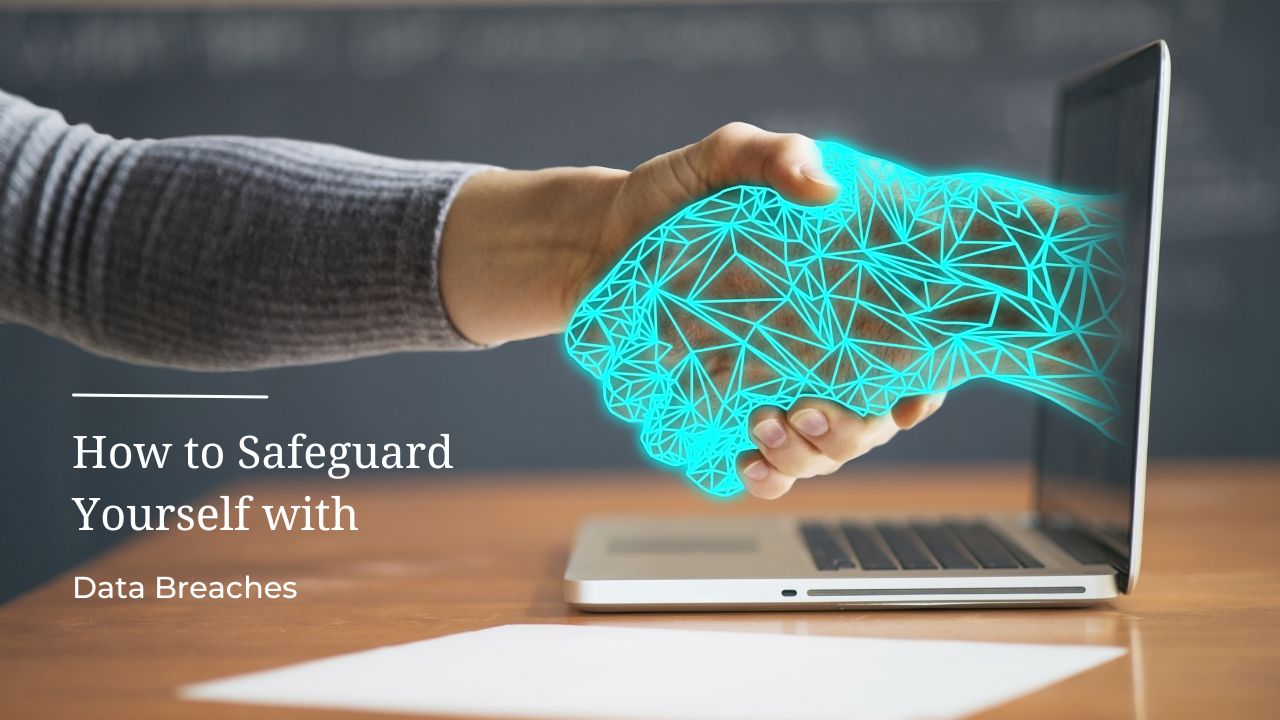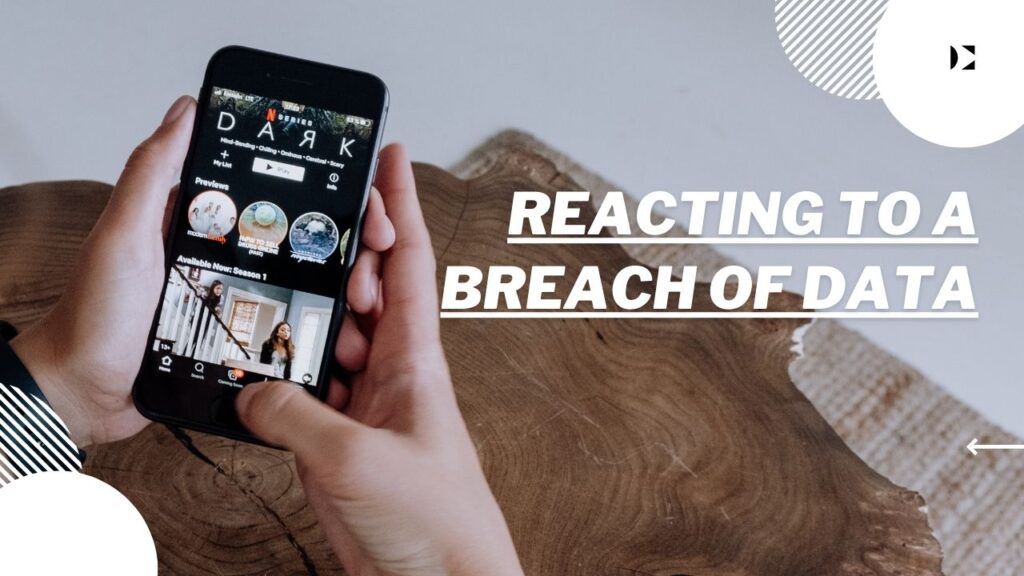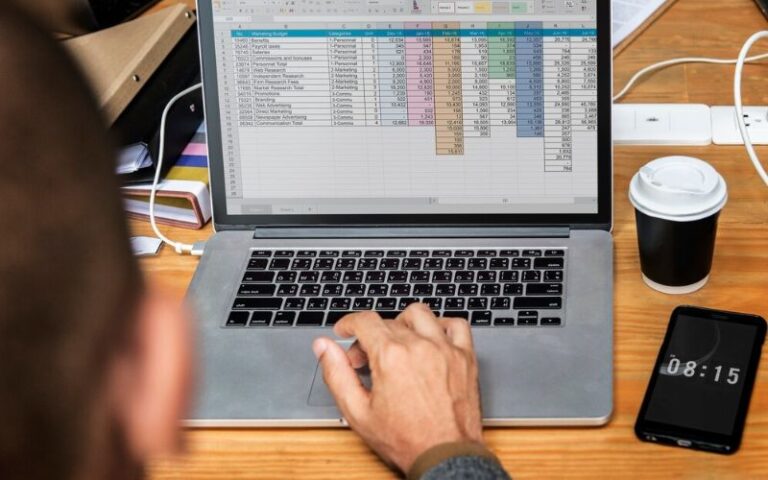
Table of Contents
In a time when virtual interactions and digital transactions rule the roost, the possibility of data breaches looms large over both people and businesses. A breach can have far more serious consequences than just annoyance; it can lead to identity theft, money loss, and reputational harm. Thus, it is essential to take a proactive stance when it comes to data security, starting with the confirmation of any possible breaches. This article provides a thorough how-to for spotting data breach warning indicators, confirming breach exposure, and taking appropriate action to lessen the consequences.
Knowing the Warning Signs of a Data Breaches
Unexpected Account Activity: The presence of unexpected activity within your accounts is one of the unmistakable signals that your personal information may have been compromised. Watch out for purchases you are not acquainted with, fraudulent login attempts, and changes to your account settings that you did not make.
Phishing Attempts: Cybercriminals frequently use targeted phishing efforts to target people whose information may have been hacked in order to profit from data breaches. Emails claiming to be from reputable companies should be avoided, especially if they ask for sensitive information or demand quick action.
Untrustworthy Emails and Communications: Be wary of spam emails that pose as urgent alerts regarding the status of your account or that claim there has been a security breach. Proceed with caution and carefully examine these communications for indications of legitimacy.
Unexpected Credit Inquiries: Keep a regular eye out for any adjustments or inquiries on your credit report that you were not granted permission for. Unauthorized credit inquiries may be a sign that someone is trying to obtain your financial information for improper purposes.
Alerts from Businesses: A lot of businesses alert customers to possible account-related data breaches. To protect your information, take these alerts seriously and heed any instructions that may be given.
Techniques Verifying Data Breaches
A. Complimentary Internet Services for Data Breaches
Have I Been Pwned (HIBP): HIBP is a well-known website that lets users find out if their phone number or email address has been exposed in known data breaches.
Identity Theft Protection Services: As part of their identity theft protection services, a number of respectable security firms provide free data breach inspections. To have even more peace of mind, think about using these services.
B. Press releases and company websites
Investigating official press releases or going directly to company websites can yield important information on data breaches. Ensuring precision and dependability of information is ensured by verifying its source.
C. Trusted Security Blogs and News Articles:
Follow reputable blogs and news stories from the cybersecurity community to stay up to date on data breaches. Be cautious and make sure the sources are reliable before making any corrections.
Reacting to a Breach of Data

A. Keep Your Accounts Safe:
Whenever possible, activate two-factor authentication and quickly change your passwords to strong, one-of-a-kind combinations to strengthen the security of your accounts.
B. Keep An Eye On Your Account:
Check your credit reports, credit card transactions, and bank statements frequently for any indications of unusual behavior. Notify the appropriate banking institutions of any suspicious transactions right away.
C. Notify the Exposure:
To lessen additional harm, notify the relevant authorities and financial institutions if you believe that your financial information has been compromised.
D. Take into Account Services to Prevent Identity Theft:
Consider the advantages of signing up for identity theft protection services, which can provide aid in the case of a data breach and proactive monitoring.
Preventive Actions in Advance
- For all of your online accounts, create strong, one-of-a-kind passwords. You should also think about storing them safely in a reliable password manager.
- When opening attachments or accessing links from unfamiliar or dubious sources, proceed with caution as they could be phishing efforts.
- When possible, turn on two-factor authentication to provide your accounts an extra degree of protection.
- Keep a close eye on your credit report and set up notifications for any unusual behavior so you can act quickly to stop illegal access if it is discovered.
In summary
As the digital world becomes more linked and dangerous, confirming data breaches becomes an essential part of personal cybersecurity. People can strengthen their barriers against bad actors by spotting such breaches early on, using trustworthy verification techniques, and taking proactive measures to safeguard their digital identities. In the constant struggle to protect your digital imprint, let information be your weapon and alertness your shield.
FAQs–
How can I spot red flags that suggest a possible data breach?
Keep an eye out for unusual behavior on your account, such as strange purchases or settings changes, phishing efforts via dubious emails, shady messages asking for private information, unexpected credit queries, and notifications from companies regarding potential breaches.
Which methods work well for confirming data breaches?
Make use of free online resources such as Have I Been Pwned (HIBP) or identity theft protection services provided by reliable security companies. Additionally, read news articles, reputable security blogs, corporate websites, and official press releases to stay updated.
What should I do right away if I think there may have been a data breach?
Increase the security of your accounts by using two-factor authentication, changing your passwords, keeping an eye out for strange activity, reporting suspicious activity to the appropriate authorities and banking institutions, and maybe registering for identity theft protection services.
What safeguards can I put in place to reduce the possibility of data breaches?
For every online account, choose a strong, one-of-a-kind password, and use a password manager to keep them safely. When opening attachments or clicking on links from unfamiliar sources, use caution, if at all feasible, establish two-factor authentication, and keep a close eye on your credit record for any unusual behavior.
Why is the verification of data breaches so important for individual cybersecurity?
Early detection of data breaches enables people to protect their digital identities, bolster defenses against cyberattacks, and lessen the risk of reputational and financial damage. It gives people the power to proactively safeguard their personal data in a digital world that is becoming more linked.
.






